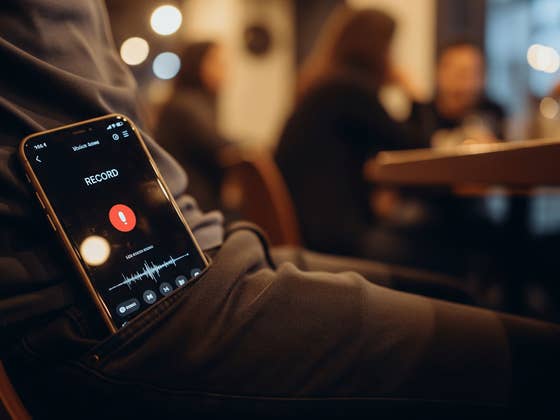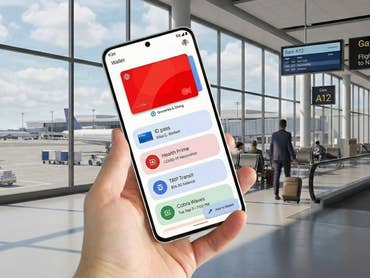Beyond smartphones, AI-enabled technology has evolved into discreet wearables, such as smart glasses like the Meta Ray-Ban (review), and lapel pendants like Limitless. These gadgets now function more like recorders than wellness monitors. Some include privacy indicators to alert nearby people when they are active. But with AI-powered transcription or ambient apps, it is much harder to know when they are running or if they are listening to you.
A recent report by tech journalist Rya Jetha at the San Francisco Standard explores how these tools are gaining traction in Silicon Valley. The focus is not just on how they help users take notes or capture meetings. It is also about how they may violate the privacy of others by recording without consent.
AI Apps Are Always Listening
One of the most talked-about apps is Granola, an AI note-taking tool with automated recording capabilities. It can transcribe meetings and post-meeting conversations, meaning it is essentially always active. Users have control over how recordings are managed, but this does not address the larger issue. People nearby may not be aware that they are being recorded.
Granola runs on iPhones, iPads, Macs, and Windows, giving it a sizable and growing user base, especially in California. Unlike some wearables, it does not display a light or visual cue when recording. That means there is no obvious sign someone is collecting sensitive information. Whether consent is given depends entirely on the user.
There is growing concern that apps like this could be used for eavesdropping or spying. They could capture sensitive meeting details or private conversations that might later be manipulated or misused.
Are These Recorders Legal?
The legality of AI-enabled recorders and transcription tools is unclear. These devices do not fit neatly into existing categories, such as traditional recording equipment, which means laws like anti-wiretapping statutes may or may not apply. Recording consent laws vary by state, resulting in widely differing interpretations.
Furthermore, legal experts note that there are still many gray areas surrounding liability with AI. But even so, companies like Granola often claim their tools simply provide transcripts for users. Granola itself has distanced its brand from direct privacy responsibility, stating that users should check local laws before using the app.
But Granola is not alone. Privacy concerns extend to other AI-powered recording tools as well, including OpenAI’s ChatGPT Recorder. Currently, there is no clear consensus on how these services should be regulated or how they should operate.
Should companies take more responsibility for educating users about privacy risks? Should there be clearer indicators when these apps are active? As AI wearables become more common, the conversation around consent and transparency is only getting louder. Share your thoughts in the comments.
We mark partner links with this symbol. If you click on one of these links or buttons–or make a purchase through them–we may receive a small commission from the retailer. This doesn’t affect the price you pay, but it helps us keep nextpit free for everyone. Thanks for your support! Prices are based on the date of publication of this article and may be subject to change.





